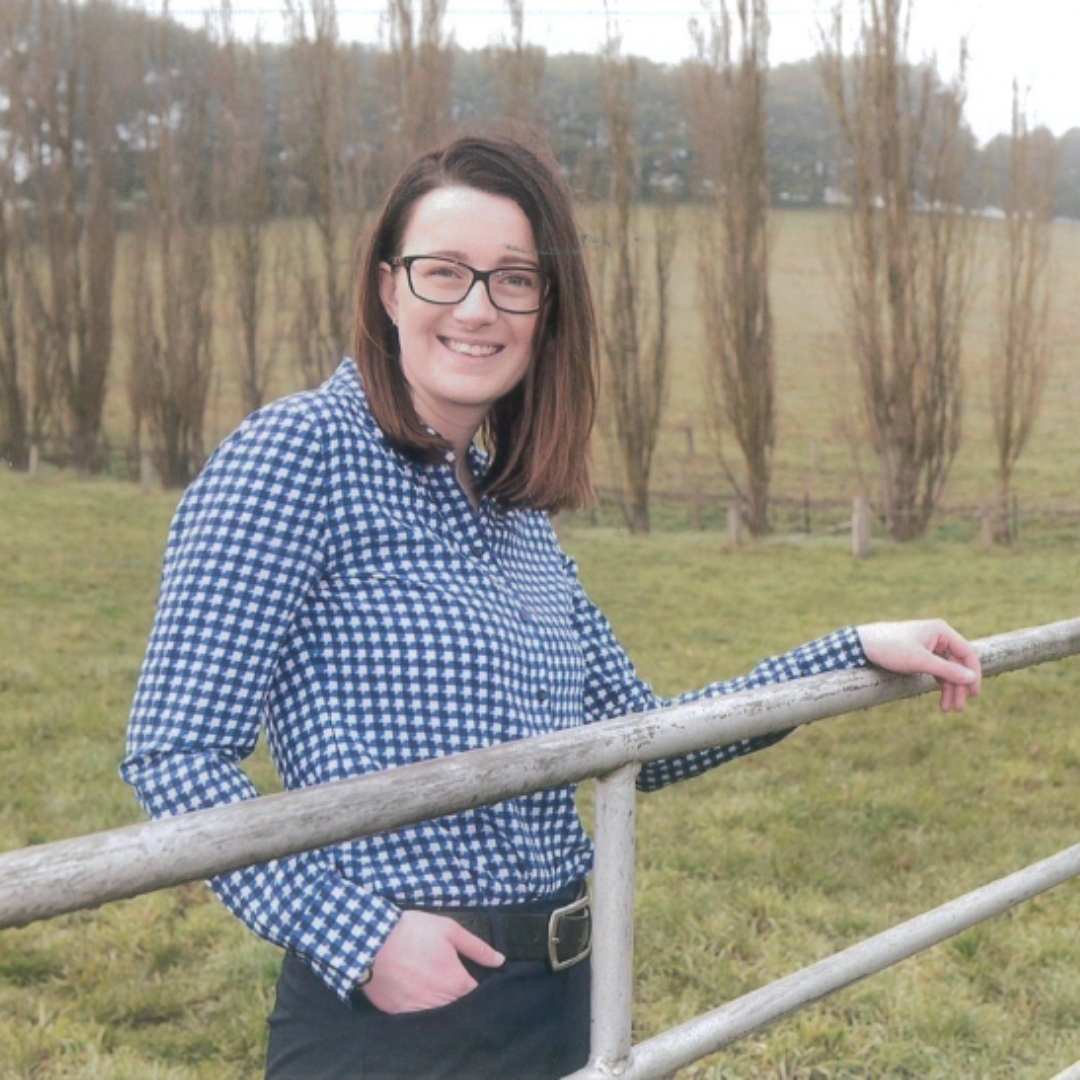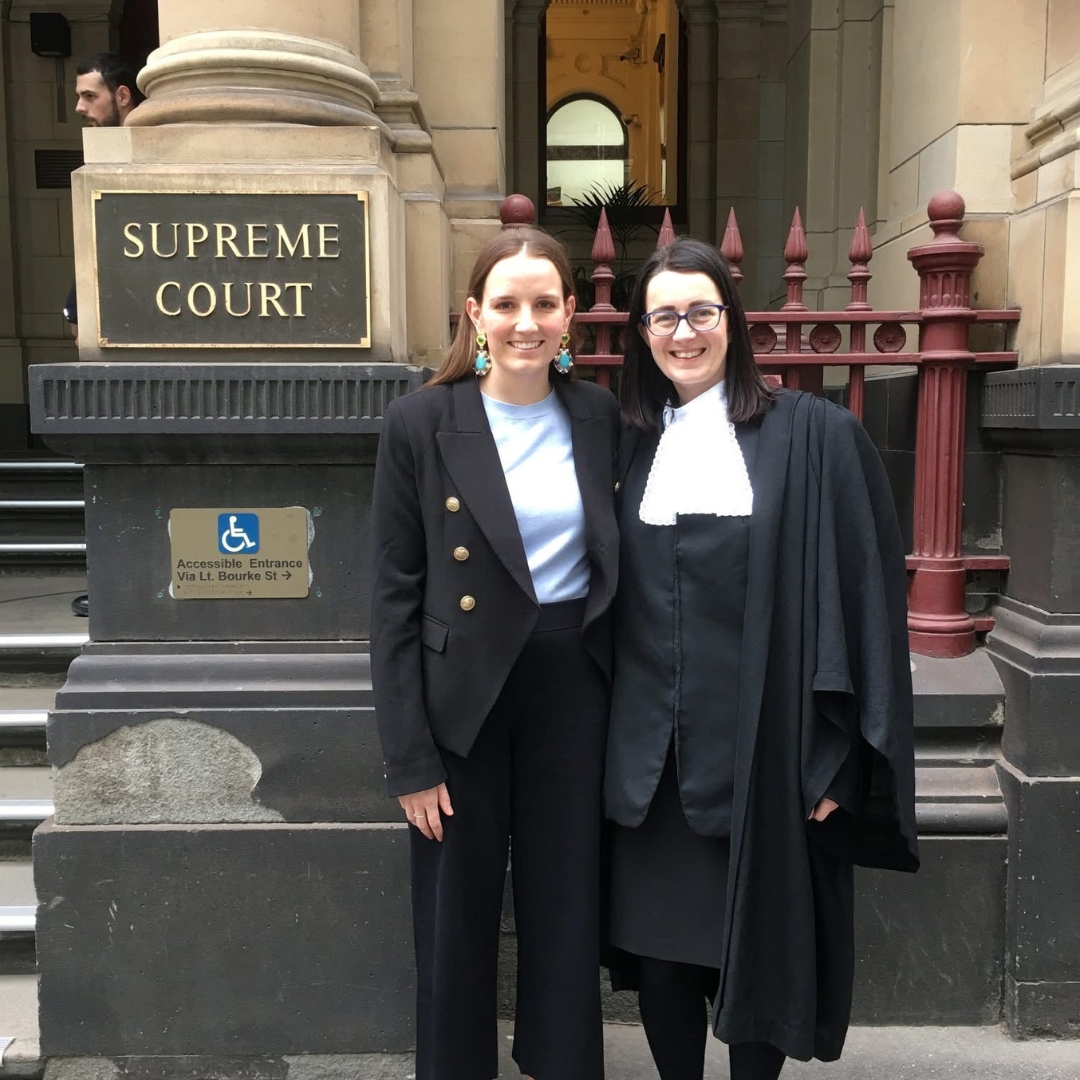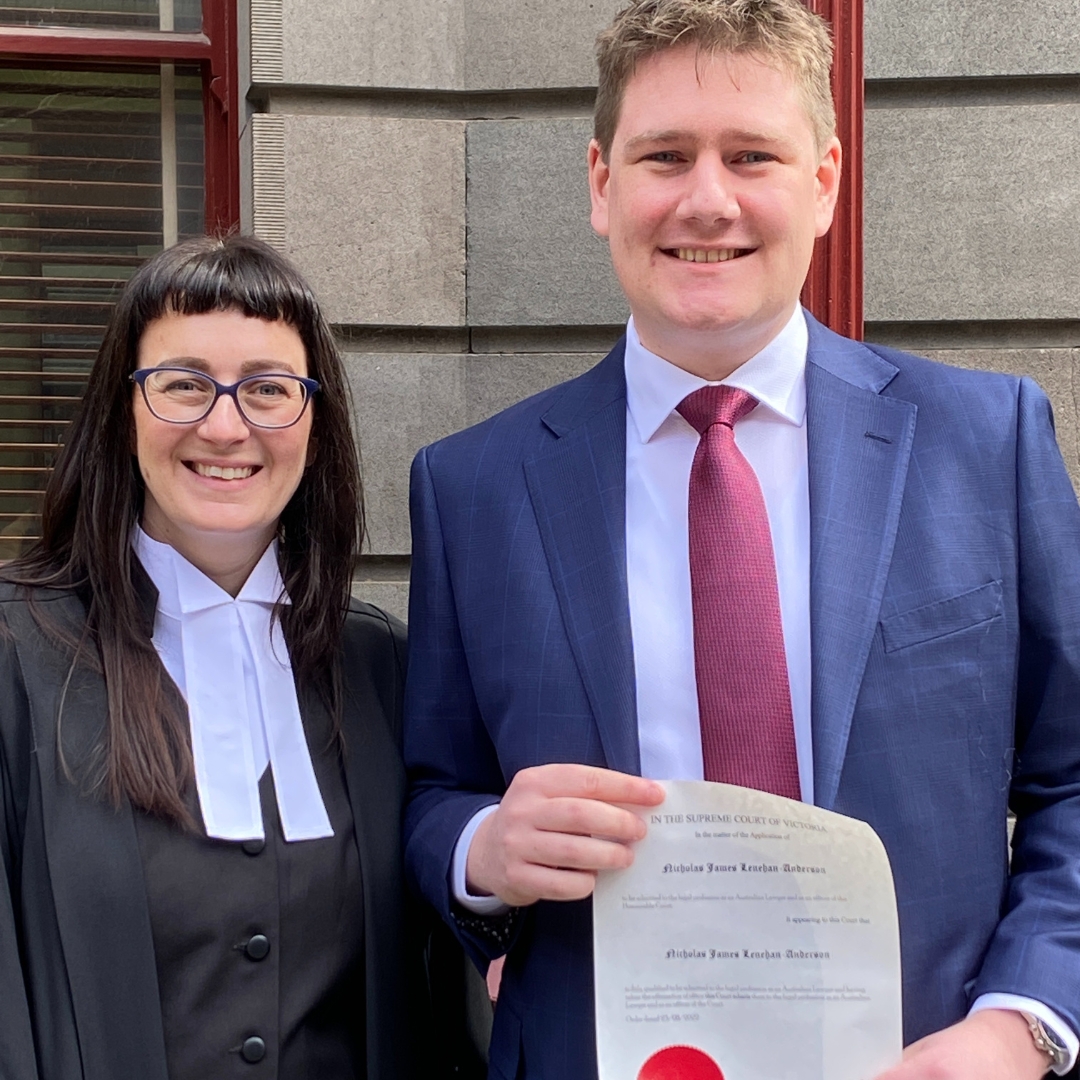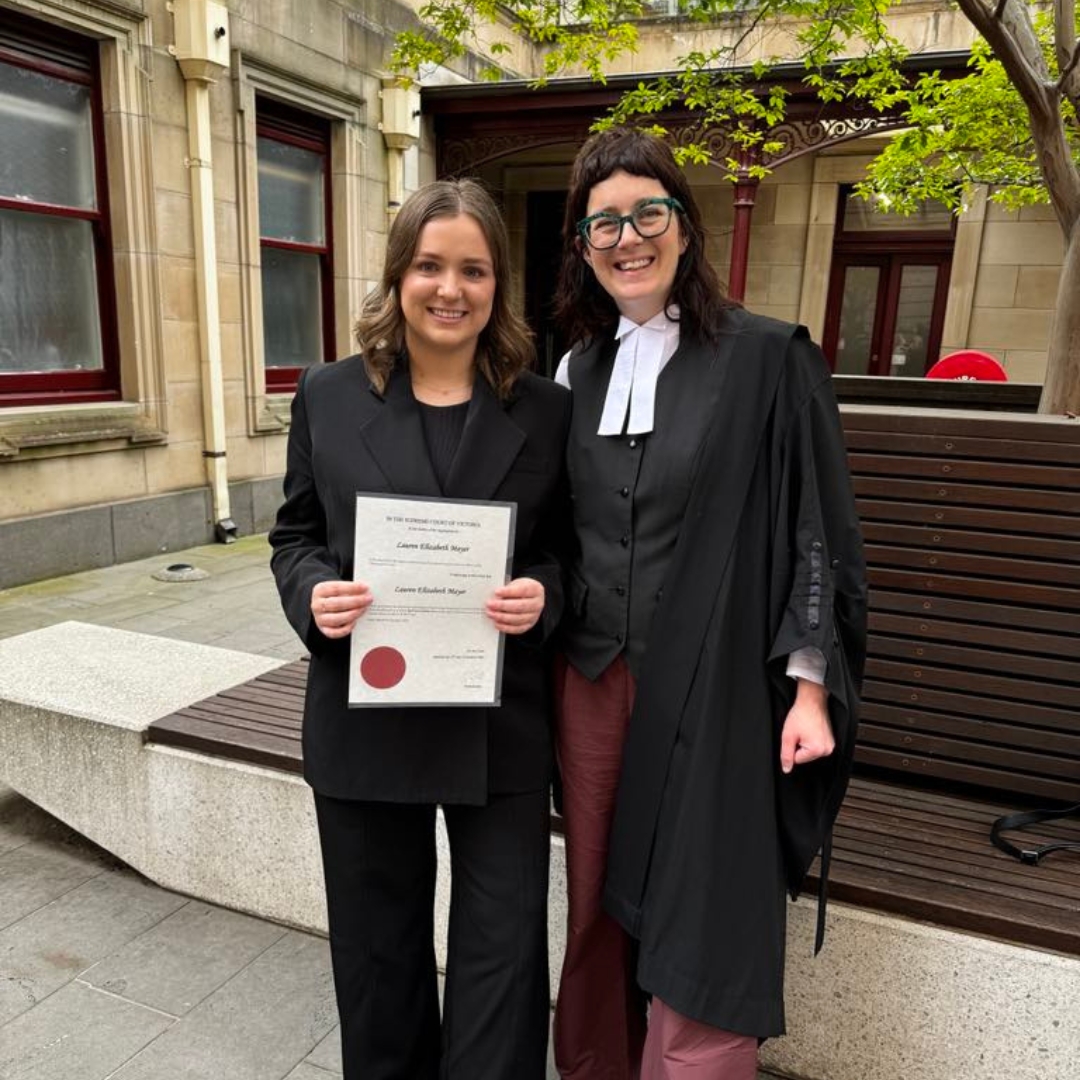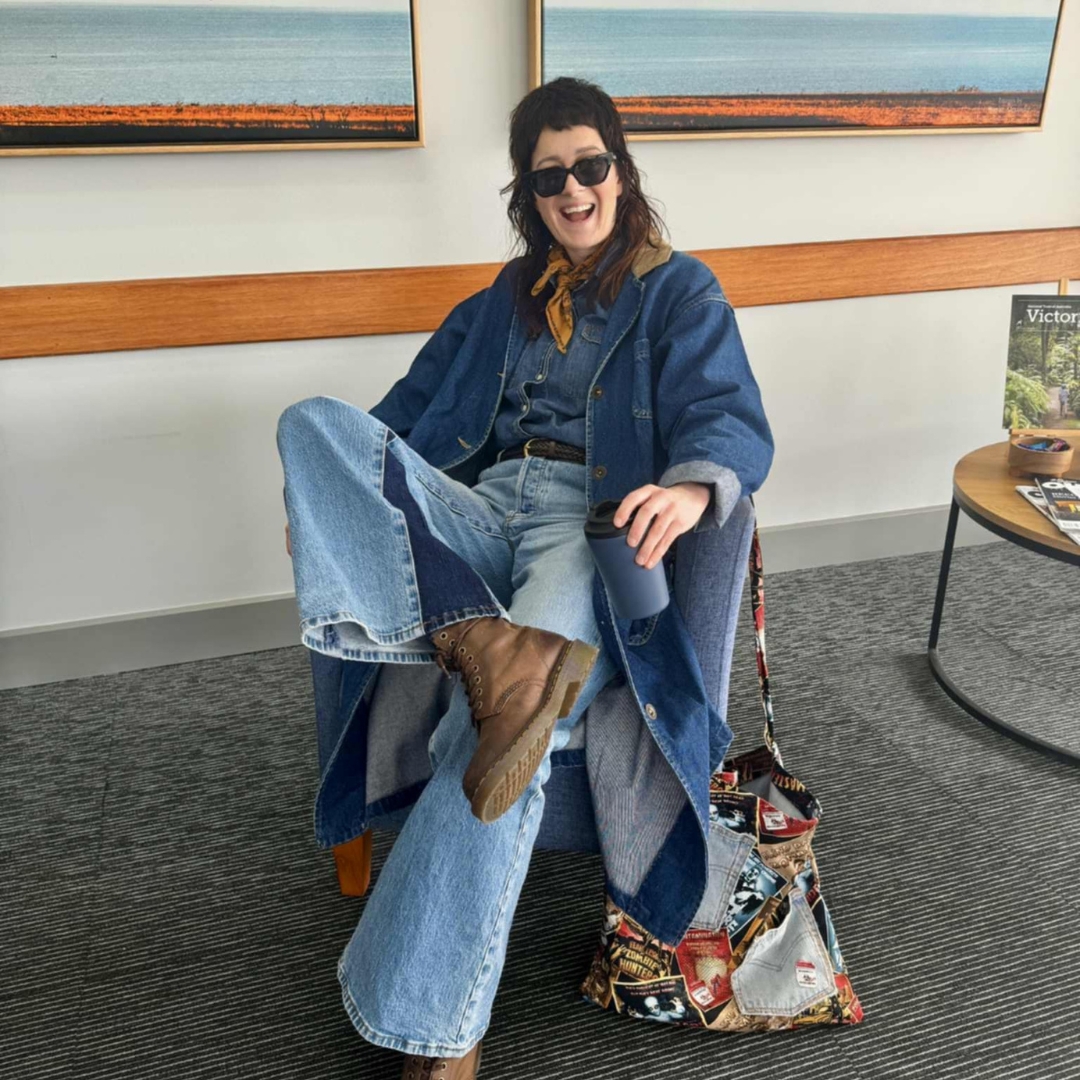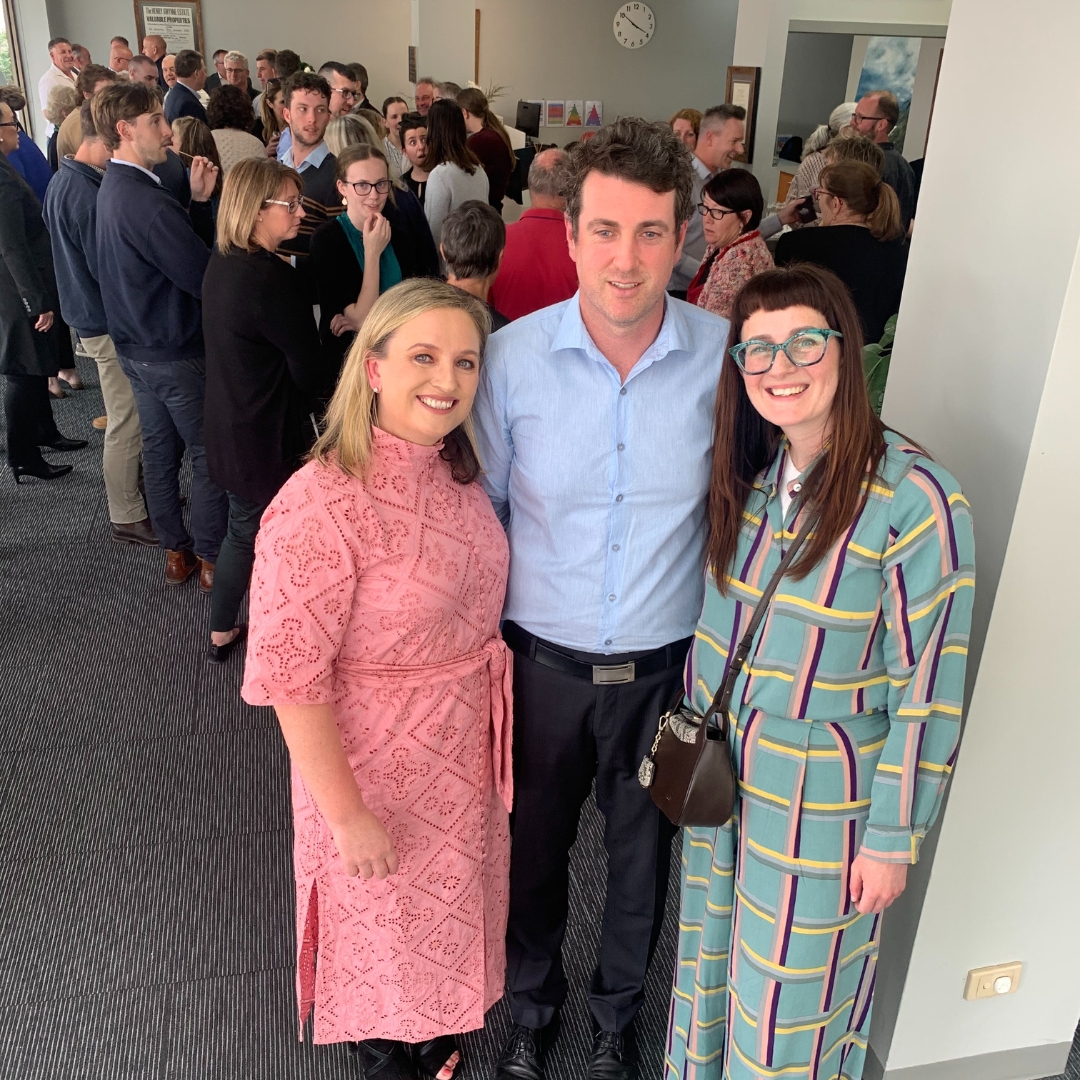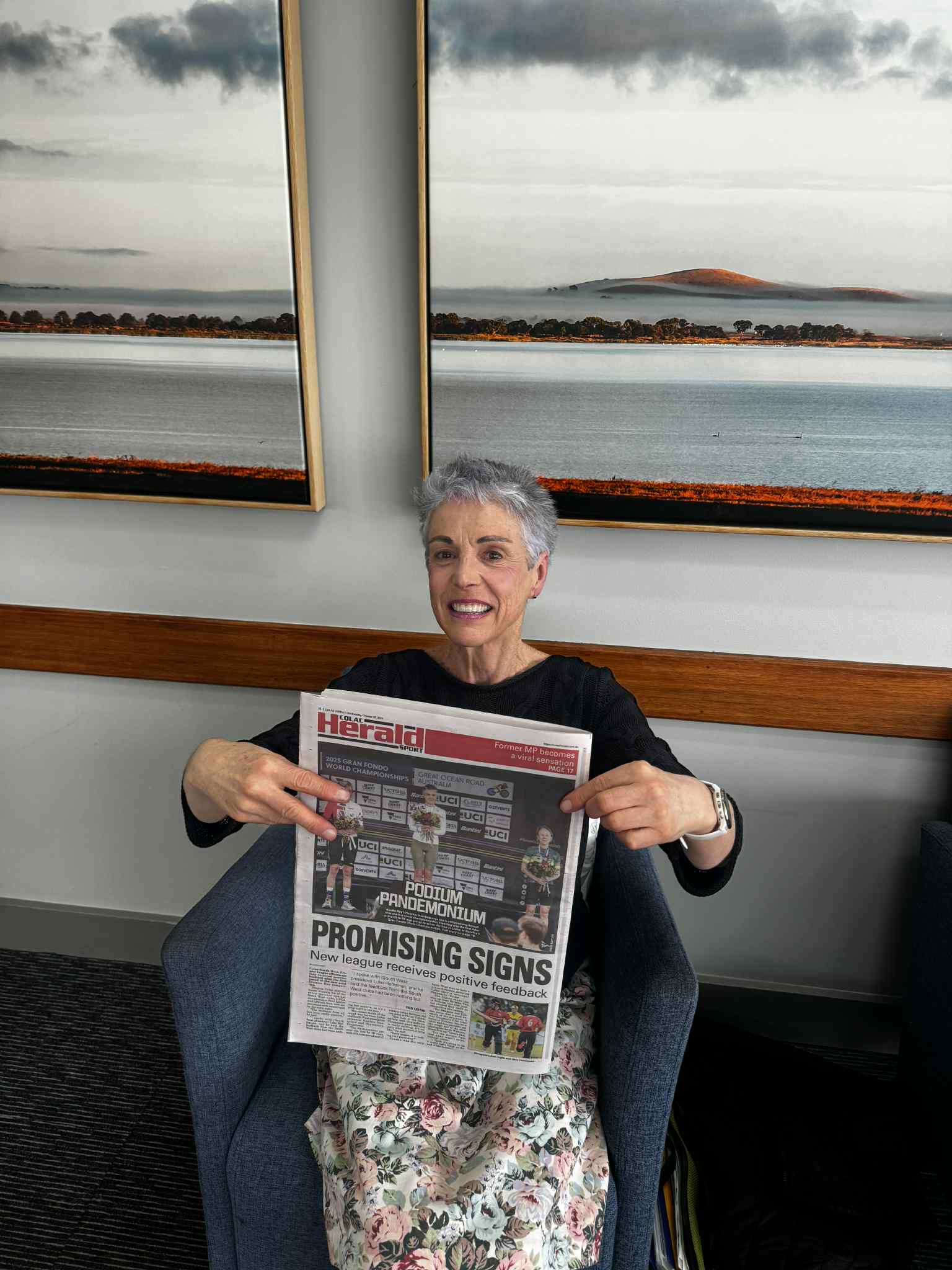Ever Considered Working for a Rural Practice?
A country legal practice is no tree change fantasy but for one of our owners, Rebecca Alexander, it has its rewards. Below, you'll find her recent article that featured in the Law Institute Journal.
Published

If you want to read about the romance of living and practising law in the country, this article might not appeal. The popular perception of country life – living around the corner from the office, a slower pace of life and work life balance – is action. The reality is working as a country lawyer is hard yakka.
We are confidantes, we go the extra mile for clients, who we often know personally, and we play a critical part in the broader success of communities. We sit on hospital, bank and school boards, we help make sure footy, netball and cricket teams run. Our clients often do handshake deals which we are left to untangle after the fact. We duck into the next aisle in the supermarket to avoid an encounter with that bad debtor, or that ex-husband or ex-wife we will see in mediation next week.
But working as a country lawyer is also rewarding. Walking down the main street we see the businesses we helped clients acquire, the shop fronts we helped buy and sell, and the leases we negotiated. Our clients are loyal and we receive the best kind of praise when they send relatives and friends our way. This forms the basis for a satisfying career. With big social and economic change comes opportunity.
In the 1970s, with more universities providing law degrees, many suburban law graduates looked beyond the city to the regions to complete their articles. At that time, many planned to return to the suburbs with a year or two experience under their belts. Many didn’t. Those same lawyers are now enjoying well-deserved retirements following decades of rural practice.
Unfortunately, those retirements have had consequences for many small regional firms. To the detriment of regional Victoria, the brain drain of young talent to the city has become entrenched. The length of a law degree means students put down roots in the city. Students find their feet there, make friends and meet their spouses while studying. City-based practical legal training courses tagged onto the end of law degrees have probably contributed to this.
The future of work following COVID-19 will be different, irrespective of whether your backyard is an inner-city terrace or a couple of hundred acres. Now, with all working remotely, country lawyers are thriving in an unusually level playing field. All practitioners are reliant on technology. Those in the regions can participate in an hour-long seminar or meeting which previously would have been held in the city. Some law students
have returned the keys to their share houses and opted to study remotely from the regions instead.
It’s time to put the spotlight on long-term opportunities for country law rms and communities. Melbournians are realising the possibilities – house prices are affordable, street parking in town is free and the coffee is actually decent. While this new-found goodwill towards the regions is helpful, we cannot be complacent and assume this is the golden ticket to secure the future of country legal practices. To capitalise on the opportunities on our doorstep we should:
- Advocate for law degrees to be available off-campus and at regional university campuses. Law degrees which start in Bendigo (La Trobe University), Warrnambool and Geelong (Deakin University) have made a difference. The experience of studying in Bendigo was instrumental in my decision to return to the country to practise and many of my colleagues reflect similarly
- Be at the decision-making table. About 13.5 per cent of full practising members of the LIV are regional lawyers, so it is important we are properly represented and contribute to policy
- Celebrate the diversity of the les on our desks and the fact no day is ever the same. Promote this when recruiting staff
- Give young talent reasons to come home after studying. Law firms require a mix of experience, fresh perspectives and technological nouse.
I am eager to hear your ideas. If you are interested in contributing, please join the LIV Regional Lawyers Reference Group. We meet quarterly via videoconference.
Share this article
Related articles
Business

Farewell Bec
Family



